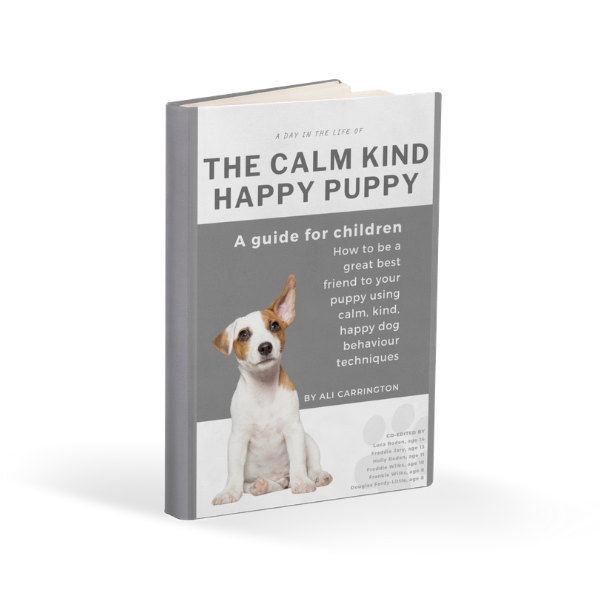You’re not alone! This is my most common complaint at the moment. And if you’ve worked with me before, you’ll know that I always start with a level of forensic questioning about what has been happening in the household in recent days and weeks… more specifically, what has changed?
Have stress and anxiety levels in the household increased as you prepare again for change to your routine? Are you trying to fit into your days more than you have been during lockdown? Has an older child already left for university? Have the younger ones gone back to school? Have mornings gone chaotic? Did you manage to fit a holiday in before all of this? Are you now back to office life? Has anything happened that was out of the ordinary (moving house, sad personal circumstances, the loss of a family member, illness, injury to you or the dog…)?
CHANGE is a big deal for many of us, causing anxiety and tension. Imagine, now, how our dogs might feel… we can’t explain this to them and counsel them, so all they have, as always, is our behaviour and emotions to watch and learn from… and very often they understand something that we didn’t mean to convey to them.
Remember, it is a canine basic instinct to be very aware of the structure and organisation at home (as with any group-living animal) and if they start to consider that their foundations are shaking or coming apart at the seems this is incredibly worrying for them as it relates ultimately to the way they view their means of survival. If their foundations are less than calm and without consistent communication IN A WAY THEY UNDERSTAND about the dog’s role within the group, they may start to show behaviours related to anxiety… destruction in the home, increased separation anxiety, barking at things they never used to, being grumpy with other dogs when previously not, becoming more and more hyper, not finishing their food anymore, pulling on the lead or not coming back when you call them.
All of these behaviours suggest to me that things are not quite as they could be at home and the dog is inadvertently being given information that makes him think he has decisions to make about the safety of his family. This is serious for him and makes him really anxious and his behaviour deteriorates.
So what can you do about it? Have a read through these suggestions and if you need any further help, please don’t hesitate to ask.
- Think about ways you can calm the schedule down and breathe! Is it hectic getting the children ready for school on time? Many dogs find this period in the day the most stressful, starting their days off with adrenalin and confusion. Pop the dog somewhere else whilst this is going on, another room, or behind a gate is perfect. Ask everyone in the family to leave him to relax.
- Avoid taking him on the school run – for the same reasons. It’s hectic, stressful and you are meeting up with loads of others who are also in the same boat – it’s like running the gauntlet for many dogs who feel under attack by so many perceived threats. (And never tie him up outside btw, as if you would dream of doing that!)
- Remind yourself about one of the key ways dogs understand their roles – when you come back to the house. Remember to be the senior being in the house and disregard fuss! Don’t worry about offending them, it’s what dogs do to put themselves at ease and when we do it they feel so much better about life. If any of the human family act like the puppy, the dog will consider them vulnerable and worry about keeping them safe.
- One of the best ways to be a calming influence on your dog is to reduce the amount of direct eye contact you give him, and particularly at any times of high excitement. When the postie comes for example, don’t look at him, simply thank him for telling you about the doorbell and leave him behind when you go and deal with the delivery. When you go back into the room, keep your eye contact away from him and this tells him you can cope perfectly well and he doesn’t need to be “bonkers”. Remember bonkers behaviour doesn’t exist in the natural world. If this is a word you would describe your dog most of the time, let’s schedule a chat!
- Keep communication around food really clear – if he walks away from his bowl untouched or half eaten, take the bowl away until the next eating occasion. Food is of key importance to dogs and they use is symbolically to communicate with us. They need to know we are in charge of food, and it is this easy.
- If it is in the outside world where the problems occur, explore whether it is really necessary for you to go for a walk at all at the moment… if you are unhappy or he is anxious, use the time to play in the garden instead and meanwhile call me and we can chat about how to build a lovely walking experience back up.
I hope that gives you some reminders or new pointers about where things can start to go right again. Best wishes to you and your dogs!



